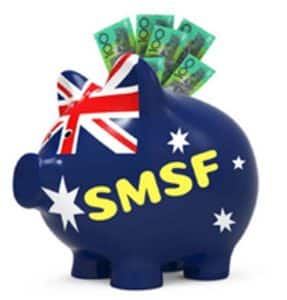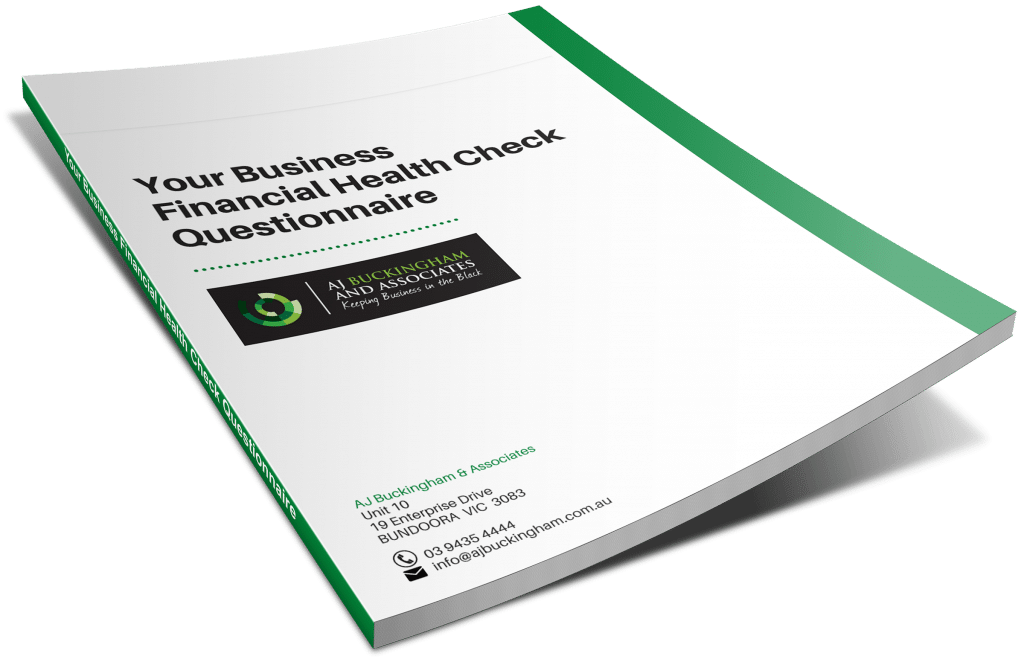1. Three-Yearly Audit Cycle for Some SMSFs
From 1 July 2019, the Government will change the annual audit requirement to a three-yearly requirement for SMSFs with a history of good record-keeping and compliance. This measure will reduce red tape for SMSF trustees that have a history of three consecutive years of clear audit reports and that have lodged the fund’s annual returns in a timely manner.

2. Increasing the Maximum Number of Members in a SMSF and Small APRA fund
From 1 July 2019, the Government will increase the maximum number of allowable members in new and existing SMSFS and small APRA funds from four to six. This is a welcomed change for larger families where five or six family members wish to join the same SMSF or small APRA fund; such families will no longer be compelled to establish a new superannuation fund.

3. Work Test Exemption for Voluntary Contributions
From 1 July 2019, the Government intends to introduce a new exemption from the work test for persons aged 65 to 74 years of age with superannuation balances below $300,000 in the first year following their inability to meet that test. This will enable them to make voluntary superannuation contributions in respect of that year. Currently, superannuation fund members aged between 65 and 74 years of age must work for a minimum of 40 hours in a 30-day period in order to be eligible to make voluntary superannuation contributions.
4. Preventing Inadvertent Concessional Cap Breaches by Certain Employees
Following the reduction in the concessional superannuation contributions cap to $25,000 from 1 July 2017, many employees with incomes in excess of $263,157 may breach the concessional superannuation contribution cap of $25,000 per annum. From 1 July 2018, the Government will allow individuals whose income exceeds $263,157, and who have multiple employers, to nominate that their wages from certain employers are not subject to the superannuation guarantee (SG). The measure will allow eligible individuals to avoid unintentionally breaching the $25,000 annual concessional contributions cap as a result of multiple compulsory SG contributions. Employees who use this measure could negotiate to receive additional income, which is taxed at marginal tax rates.

5. Deductions for Personal Contributions
The Government intends to improve the integrity of the ‘notice of intent’ (‘NOI’) processes for claiming personal superannuation contribution tax deductions. Currently, some individuals receive deductions on their personal superannuation contributions but do not submit a NOI, despite being required to do so. This results in their superannuation funds not applying the appropriate 15% tax to their contribution. As the contribution has been deducted from the individual’s income, no tax is paid on it at all.
The additional funding will enable the ATO to develop a new compliance model, and to undertake additional compliance and debt collection activities. From 1 July 2018, the ATO will modify income tax returns to alert individuals to the NOI requirements with a tick box to confirm they have complied.

6. Capping Passive Fees, Banning Exit Fees and Reuniting Small and Inactive Accounts
From 1 July 2019, the Government will introduce a 3% annual cap on passive fees charged by superannuation funds on accounts with balances below $6,000 and will ban exit fees on all superannuation accounts. The Government will also strengthen the ATO-led consolidation regime by requiring the transfer of all inactive superannuation accounts where the balances are below $6,000 to the ATO’s ‘lost super’ facility.
The ATO will expand its data matching processes to proactively reunite these inactive superannuation accounts with the member’s active account, where possible. Furthermore, the government’s ban all exit fees will enable members to easily switch superannuation funds and will encourage superannuation funds to be more competitive in their offerings to their members.
7. Insurance in Superannuation No Longer Automatic
Currently, superannuation funds belonging to people under 25 and those with low superannuation balances are often eroded by insurance premiums. Many superannuation funds automatically opt-in all of their members to insurances such as life insurance so the Government intends to introduce legislation from 1 July 2019 so that superannuation funds will not be able to automatically deduct insurance premiums from a member’s account of these member accounts:
members under 25 years of age; or
members with low superannuation fund balances – less than $6,000; or
members who have had no superannuation contributions made within 13 months.

